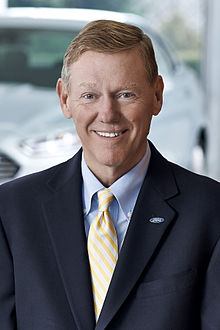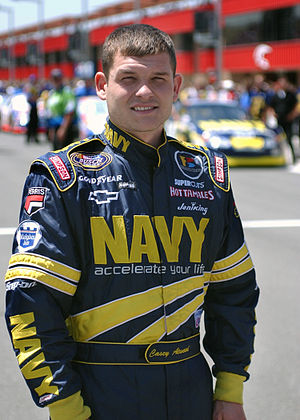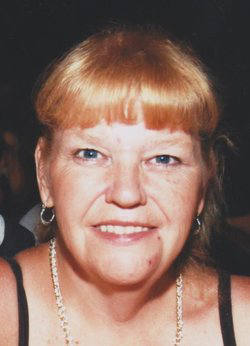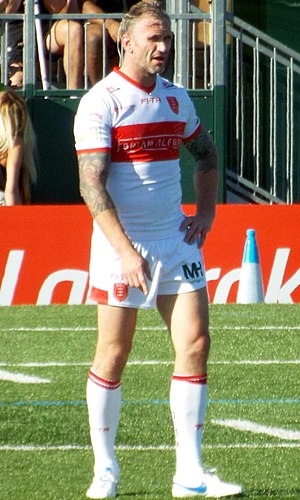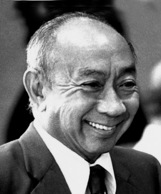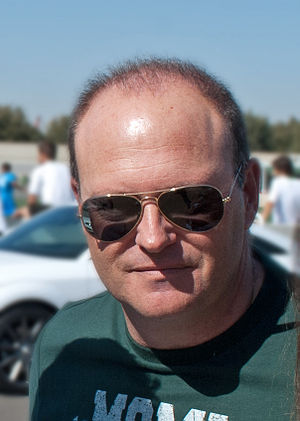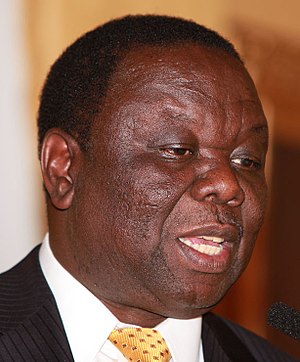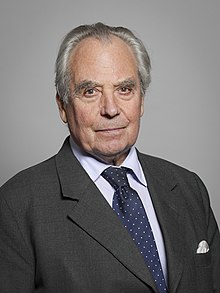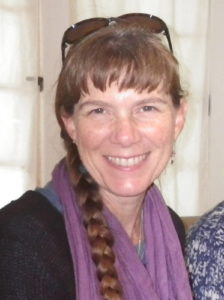Mulally said that he intended to use the money to finance a major overhaul and provide “a cushion to protect for a recession or other unexpected event". At the time, the loan was interpreted as a sign of desperation, but is now widely credited with stabilizing Ford's financial position, compared to crosstown rivals General Motors and Chrysler, both of whom subsequently went bankrupt during the automotive industry crisis of 2008–2009. Ford was the only one of the Detroit Three that did not ask for a government loan. Mulally did testify before the United States Congress in favor of government loans for General Motors and Chrysler, discussing the impact to the economy and to other automobile manufacturers if parts suppliers were to go bankrupt in the light of a GM or Chrysler collapse. In May 2009, Ford chairman William Clay Ford, who hired Mulally, said that "Alan was the right choice [to be CEO], and it gets more right every day".


